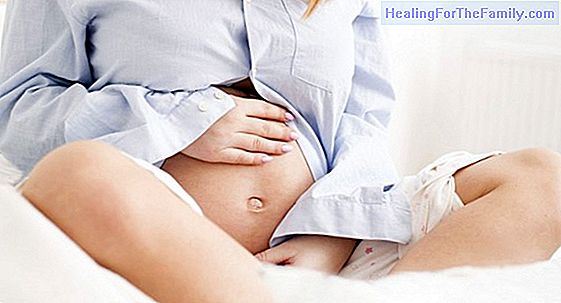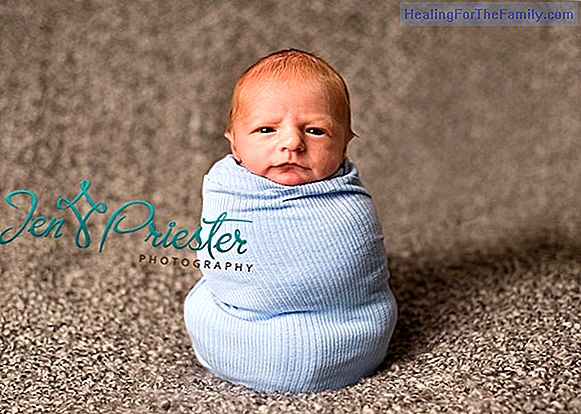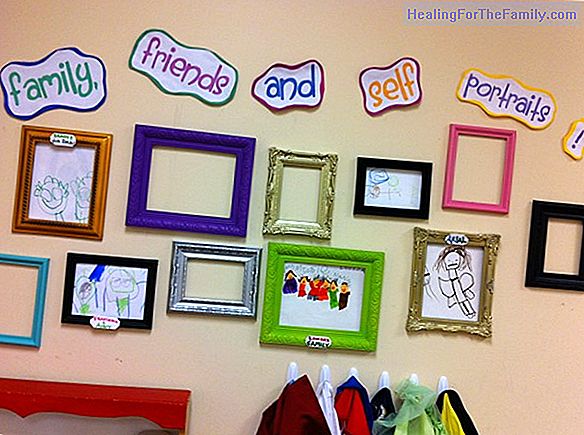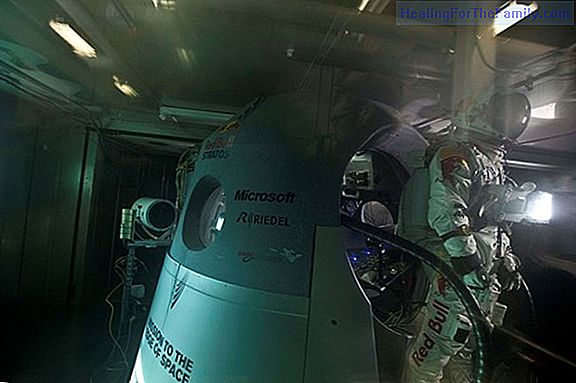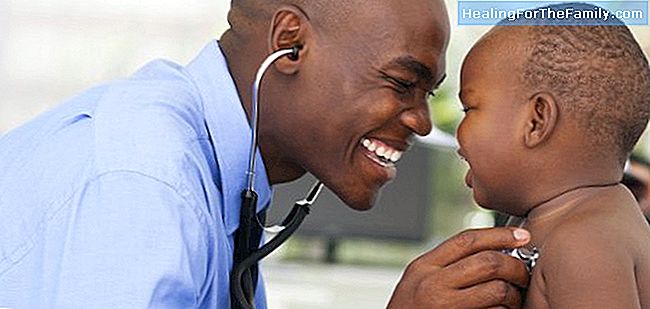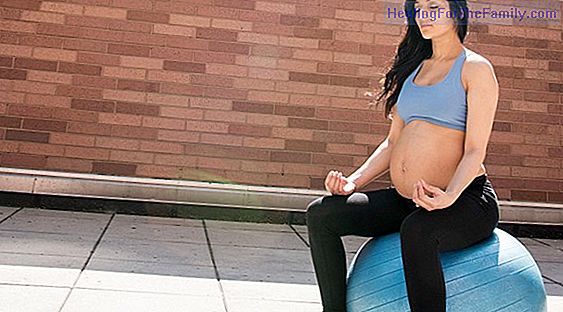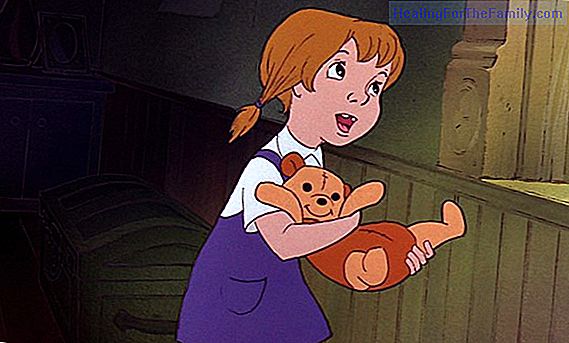The doula and the fear of pain in childbirth
Analyzing the pain in childbirth is something that many experts have tried and that has run real rivers of ink. The author Verena Schmid, for example, makes a fantastic analysis in her book The pain of childbirth . As she reflects, pain in childbirth is always influenced by more factors than are oft
Analyzing the pain in childbirth is something that many experts have tried and that has run real rivers of ink. The author Verena Schmid, for example, makes a fantastic analysis in her bookThe pain of childbirth. As she reflects, pain in childbirth is always influenced by more factors than are often mentioned.
Physical, psychological and emotional issues are linked to the environmental influences referred to both the space and the people around us at the time of delivery to make the perception of pain one or the other, depending on how each factor acts at the time . Therefore, each woman in her birth will have different perceptions.
The role of the doula in the fear of childbirth

The doulas are not the definitive solution to avoid the pain of childbirth, we are not the miracle to have births without pain. But the doulas are the ones who sit with the woman during pregnancy and even in childbirth, offering understanding and support that translates into security and peace. Two things that at the moment of delivery are fundamental.
Perhaps it is that reason, one of those that cause that diverse studies and meta analysis have documented less necessity of epidural anesthesia and better memory of the childbirth in those births that have been accompanied by doulas. It is about removing fears, insecurities, nerves and tensions to sow tranquility, security, peace and trust. That is what we try to accompany the way of women to the birth of their babies: that each woman lives the waves of her sea in the way she wants, but from the tranquility and support they need.
To dilate in childbirth it is necessary to relax
On the other hand, we have that word that scares moms and dads sometimes: contraction. When someone names her many faces change in a room full of moms and dads waiting for her baby. Obviously the word is absolutely correct, because it is a spasm of the muscle fibers that make up the uterus, which at the time of delivery are in an intense labor of contraction so that delivery is possible. But what about that term when naming it? What makes us feel? In general, it translates into tension and we struggle against what it means. We become more tense when what we need is precisely the opposite: dilate. And for our body to achieve one of the greatest helps is to try to relax.
It is important to banish the association of pain equal to diseasethat we have absolutely integrated and that in the case of childbirth is not true. Childbirth is not a disease, but an absolutely natural and physiological process that culminates with the celebration of a new life, if everything happens as we expect. With our association between illness and pain and from this with childbirth, we directly connect the birth with the disease, causing insecurity and fear to appear and apply extra pressure as a psychological and emotional factor during the delivery to the woman.
Apart from the proven existence of pain-free and even pleasant births, pain is only a symptom that something happens in our body or that it is going to happen. But it is not a disease in itself, nor does it confirm us whenever it appears that a disease reaches us or is already installed in us. If we assume and integrate this, we will break the association: pain equal to illness, our pressure will decrease, and with it our perception of pain.
Beatriz Fernández
Collaborator of GuiaInfantil.com

